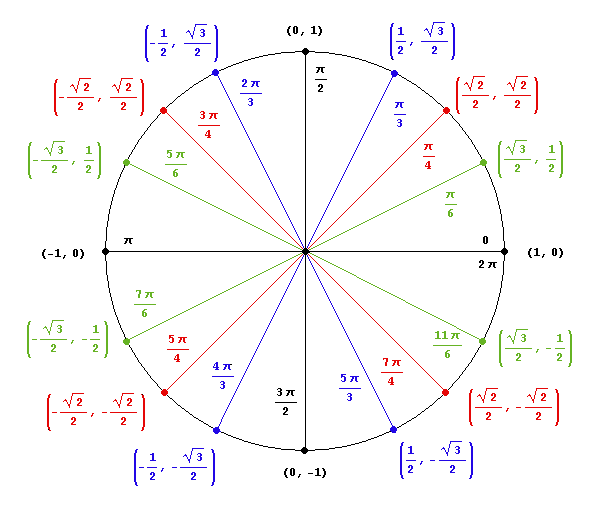
I CAN AND I WILL.
How many boys there are who can, but never do, because they have no will power, or, if they have, do not use it! Before undertaking to perform any task, you must carefully consider whether you can do it, and once convinced that you are able to accomplish it, then say, "I will do it," with a determination that you will never give up till it is done; and you will be successful. The difference between "Give up "and" I can't," and I can and will," is just the difference between victory and defeat in all the great conflicts of life.
Boys, adopt for your motto, "If I can, I will," and victory will be yours in all life's battles. "I can and I will," nerves the arm of the world's heroes today, in whatever department of labor they are engaged. "I can and I will," has fought and won all the great battles of life and of the world.
I know of a boy who was preparing to enter the Junior Class of the New York University. He was studying trigonometry, and I gave him •three examples for his next lesson. The following day he came to my room to demonstrate his problems.
Two of them he understood, but the third—a very difficult one—he had not performed. I said to him,—
"Shall I help you?"
"No, sir, I can and I will do it, if you will give me time."
I said, "I will give you all the time you wish."
The next day he came into my room to recite another lesson in the same study.
"Well, Simon, have you worked that example?"
"No, sir," he answered, " but I can and I will do it, if you will give me a little more time."
"Certainly: you shall have all the time you desire."
I always like these boys who are determined to do their work, for they make our best scholars, and men too. The third morning you should have seen Simon enter my room. I knew he had it, for his whole face told the story of his success. Yes, he had it, notwithstanding it cost him many hours of the severest mental labor. Not only had he solved the problem, but, what was of infinitely greater importance to him, he had begun to develop mathematical powers which, under the inspiration of "I can and I will," he has continued to cultivate, until today he is professor of mathematics in one of our largest colleges, and is one of the ablest mathematicians of his years in our country.
My young friends, let your motto ever be: "If I can, I will."
—Golden Day.
HOW TO SAY "NO."
THE great thing is to meet a temptation boldly, frankly, and at once, with a "No" which has a
meaning in it. Some boys will say "No," but it is in such a half-hearted way that the tempter
knows that it means a half "Yes." This simply gives an invitation for a repetition of the solicitation, and makes almost certain, too, the yielding.
But a "No" that is enforced by tone and look that tell that the word has its own true meaning, generally settles the matter, or if it does not settle it, makes it certain that if the temptation comes again, it will be weaker, and he will be stronger. The first "No" is a great thing.
—Christian Weekly
HONOR is like a shadow, which, as it flees from
those that follow it, so it follows those that flee from it.